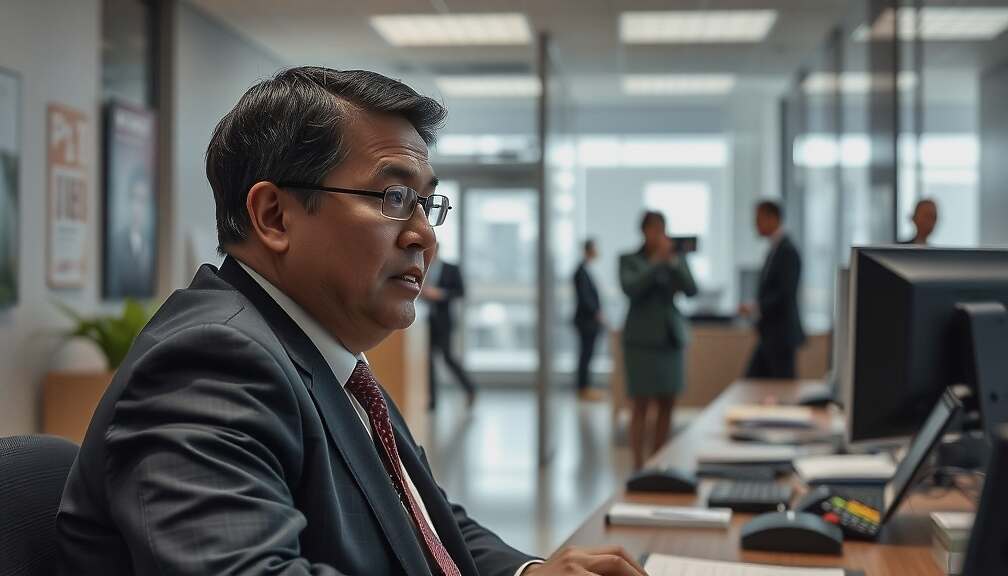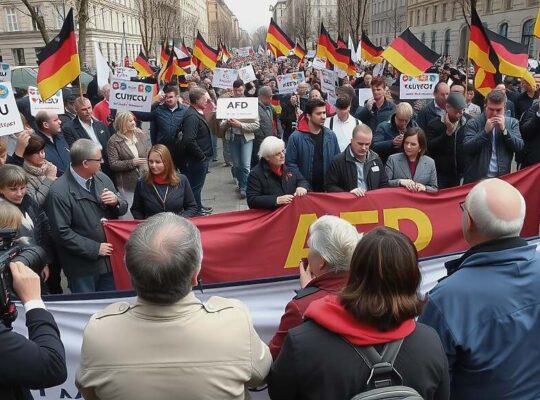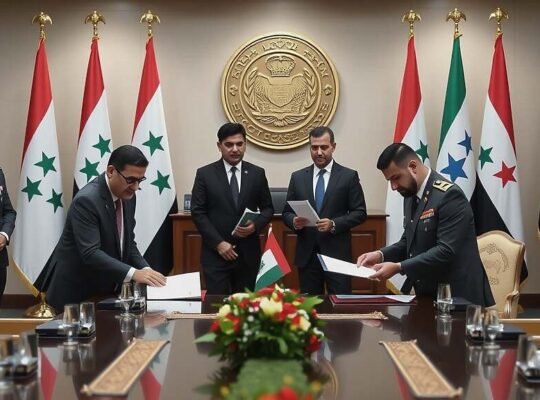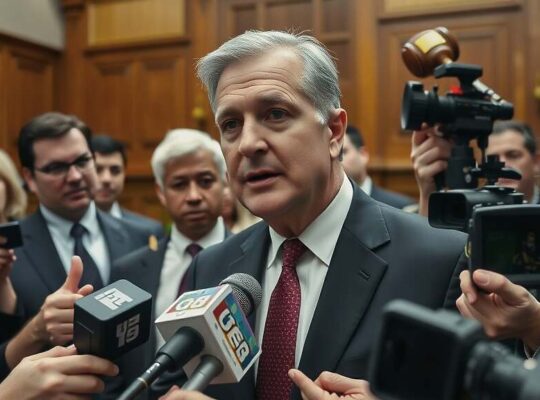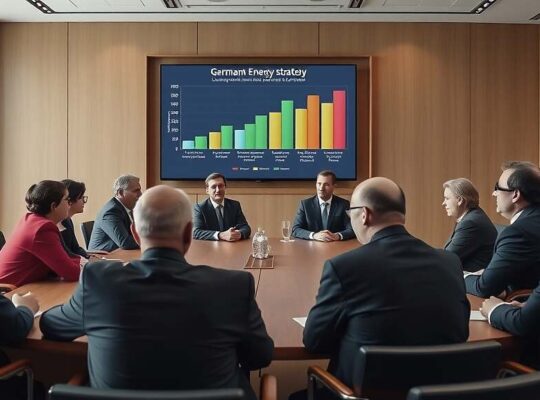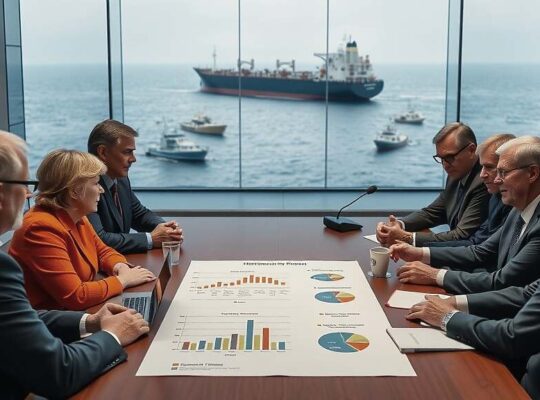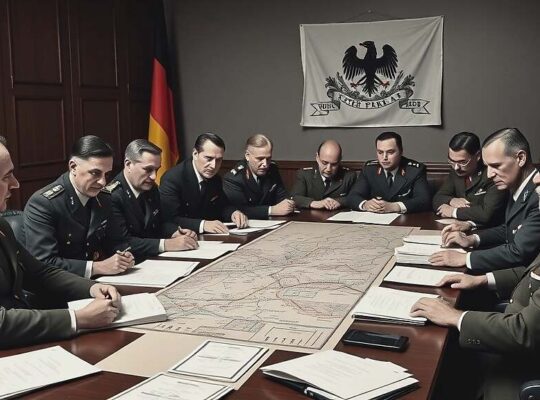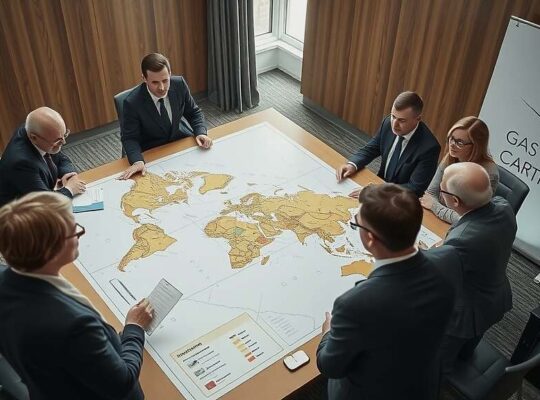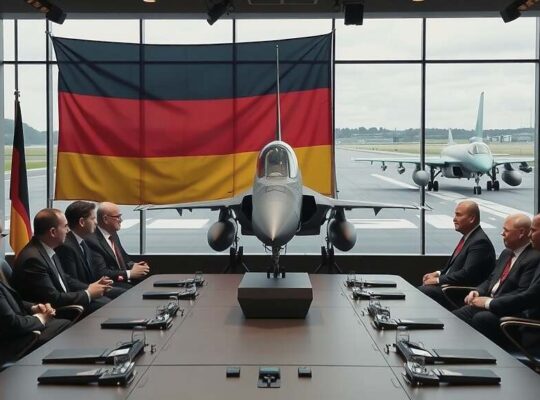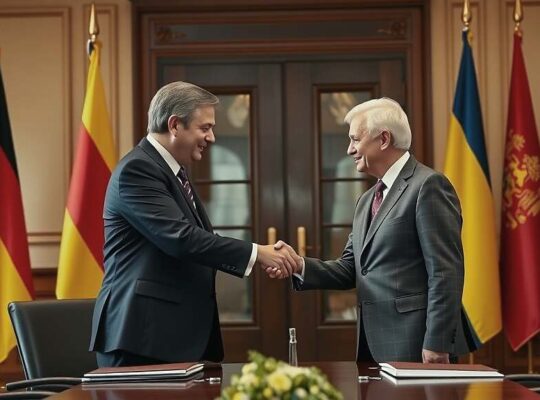The Thuringian State Interior Minister, Georg Maier (SPD), is maintaining his suspicions regarding the Alternative for Germany (AfD)’s activities related to the reconnaissance of critical infrastructure. Maier’s concerns, voiced in an interview with “Welt” stem from what he perceives as an orchestrated effort to gather sensitive information potentially beneficial to foreign powers.
Maier stated that “foreign authoritarian powers, particularly Russia and China, are attempting to destabilize our country and our democracy through hybrid threats”. He pointed to “demonstrably close connections” between the AfD and these nations, fueling his concerns about the sheer volume and specificity of detailed inquiries submitted by AfD parliamentarians. He alleges that this pattern suggests a deliberate and organized effort.
Internal documents within the Thuringian Interior Ministry detail 58 separate inquiries from the current legislative period focused on critical infrastructure. These span a broad range of areas, including the equipment and resources within civil protection and healthcare, the activities of the German Armed Forces (Bundeswehr) and questions pertaining to transport infrastructure, water supply, digital infrastructure and energy provision.
While Interior Ministry spokesperson Ringo Mühlmann, whose inquiries focused on topics like the transit of military transport through Thuringia and the state’s drone defense capabilities, has been identified as a frequent requestor, AfD parliamentarian Nadine Hoffmann has been singled out as particularly prolific in this area. Hoffmann’s questions have centered on seemingly innocuous topics, but their cumulative effect raises serious concerns about a targeted intelligence-gathering operation.
Examples include detailed requests regarding the staffing levels of river management authorities, the utilization of water reservoirs for firefighting in emergency situations and future restrictions on water resource use. Hoffmann claims her motivation is to identify shortcomings within the state government and facilitate improvements. “The aim of my questions is to achieve improvements in Thuringia in many areas where the state government is failing” she stated in response to Maier’s accusations.
However, Maier’s allegations have ignited a political firestorm, prompting accusations of politically motivated attacks on legitimate parliamentary oversight. Hoffmann characterized Maier’s statements as demonstrating a fundamental misunderstanding of the right of parliamentarians to question the government and the crucial role of the opposition in holding power accountable.
The accusations raise significant questions about the scope of AfD’s activities and the potential for foreign interference in German domestic affairs. Regardless of the justifications offered, the volume and targeted nature of the inquiries warrant further scrutiny and a thorough examination to ensure the integrity and security of Thuringia’s critical infrastructure. The incident also underscores the increasing complexity of balancing legitimate parliamentary inquiry with national security concerns in an era of heightened geopolitical tensions.


